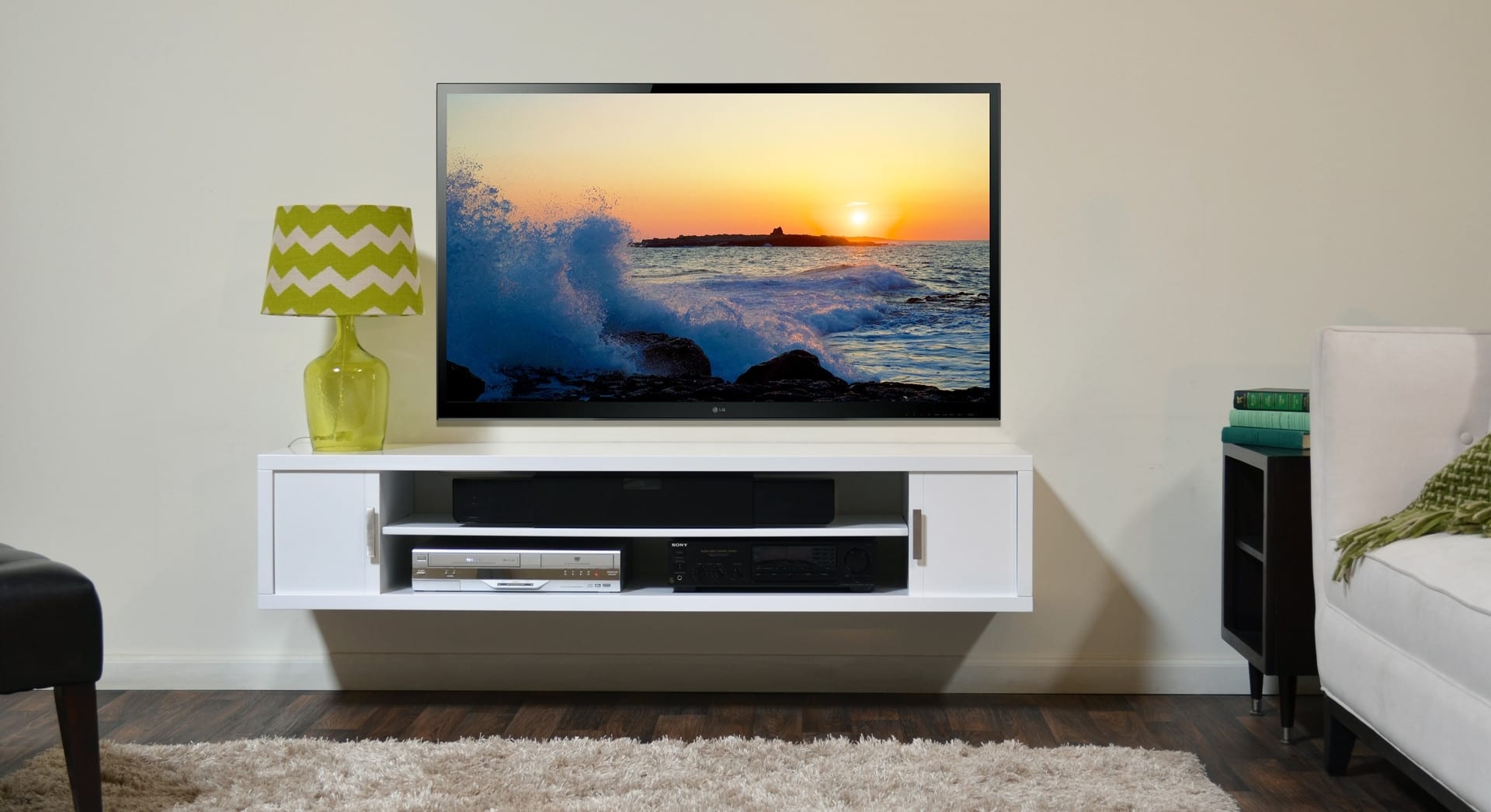A TV has become something that is a must-have for every home. Have you ever been to someone’s home without a huge TV in the middle of the living room? This item has become a standard and it is the main entertainment for most of the people around this globe.
However, with the introduction to LED screens, TVs have become much more affordable. You can find all kinds of brands, sizes, and technologies. Picking the right television for your home can get a bit complicated. You probably have tons of questions that you need an answer to. Things such as: “How much is too big?”, “What’s the best resolution?”, “Should I care about refresh rate?”, and a bunch of other confusing questions.
Fortunately, this article will answer every single question you have regarding TVs and you will be able to easily make the right decision. Here are some tips to help you choose the right TV.
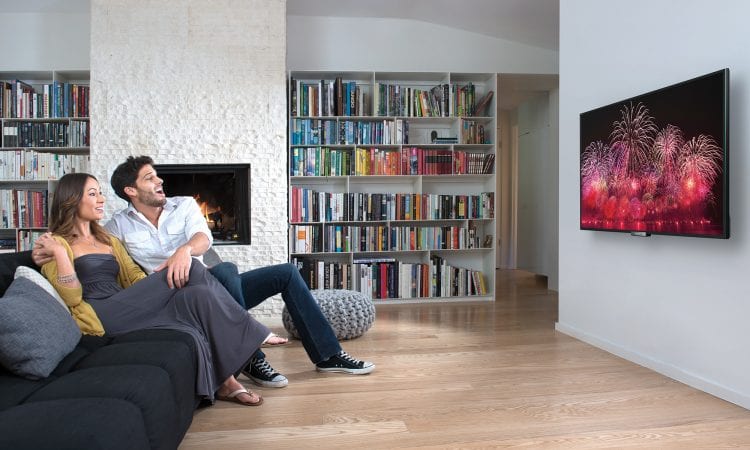
Screen size
One of the most important things you will need to consider when buying a brand new television for your living room is the screen size. In the past, the bigger the TV, the better it was. However, in the past, the biggest screen was just 30 inches. Today, there are TVs that boast a screen of over 200 inches. This is too big for most homes, so you will need to do some research to find out which size is the right for you.
Most of the time, the size of the screen will depend on just how big your living room is. If you have a wall that is wide enough then you should look for a TV that is around 50 or 60 inches. Another important factor that should help you make the right decision on the size is where you will be sitting. For those that are sitting 8 feet away from the television, they will require something that is at least 65″. Those that are sitting above 9 feet will need 70 inches of screen.
Choosing the resolution
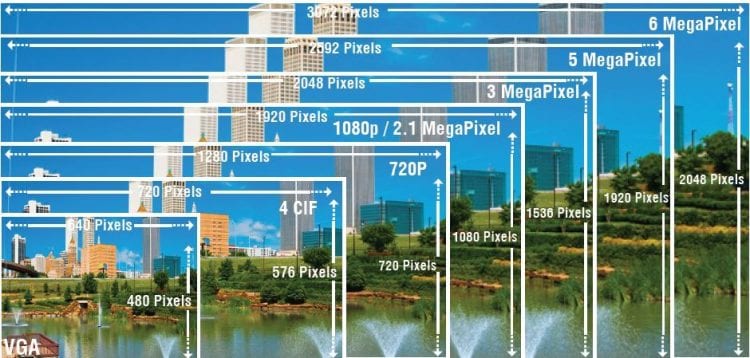
Another very important factor you will need to consider when purchasing a brand new TV is its resolution.
The resolution is the number of pixels that are used to create the image that you see on the display. The higher the resolution, the more pixels on the TV, the clearer the picture. So, the higher the resolution, the better right? Well, not exactly. Higher resolution usually means that you will be paying for a larger price tag. If you do not have a need for 8k or 4k resolution then you can just settle for Full HD or 1920 x 1080.
The 1920 x 1080 resolution, usually referred to as Full HD is the standard for most TVs and monitors around the world. In fact, almost 70% of the people have Full HD on their displays. However, once 4K (3840 x 2160p) was introduced to the world, we believe that 1080p is obsolete these days. Sure, it provides a great viewing experience when right next to a monitor, but the further you get away from the TV, the worse the picture. This is why we believe that 4K is the future of every television out there.
Just a few years ago, finding 4K content was almost impossible, especially if you have slow internet. Most 4K movies are around 15 gigabytes, so downloading one can get a bit frustrating. But, thanks to streaming services such as Amazon Prime Video, Netflix, Hulu, and others, getting to 4K content is easier than ever. There are tons of movies and TV shows that come at 4K resolution. You can learn more here about finding high-resolution content.
If you want to go beyond 4K resolution, your next option is 8K. However, 8K might be an overkill and you probably won’t notice any difference between these two options because the number of pixels is already very high.
High Dynamic Range or HDR
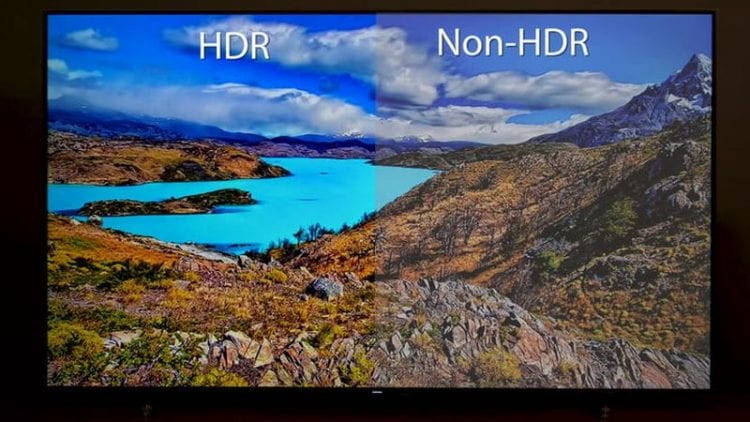
HDR is a brand new feature that started showing up many TVs and monitors these couple of years. To put it simply, the high dynamic range feature enhances the colors on the display and it is exclusive to 4K resolution TVs. The HDR feature can bump the price tag of some devices by a whole lot, so if you are not the type of person that needs the best possible color, you can do without it.
Keep in mind, there are many brands out there that claim that they have HDR on their device lineup, but many of them are poorly executed. Assuming that you want HDR on your new TV, you should look for brands such as Sony, Samsung, LG, Philips, and a certificate by Dolby Vision. You will also need to have access to HDR-enabled content otherwise you won’t be able to experience those beautiful colors from this feature.
Refresh Rate
You have probably seen gaming monitors on the market that advertise a high refresh rate that goes up to 300 Hz. Refresh rate means how many times the picture on the display will be refreshed in one second. For example, a 60 Hz TV will refresh the image of the video you are watching 60 times in one second while a 120 Hz TV will refresh the picture 120 times in one second. This feature can provide you with a smoother experience.
However, most movies, TV shows, or other content are filmed at 24 frames per second which means that you won’t be able to utilize this feature unless you plan on gaming on your television. The only content that will reach more than 60 frames per second in games. So, if you plan to hook up a console or a PC to your television, you should definitely go for a higher refresh rate. If not, 60 Hz will be more than enough.
Smart TV
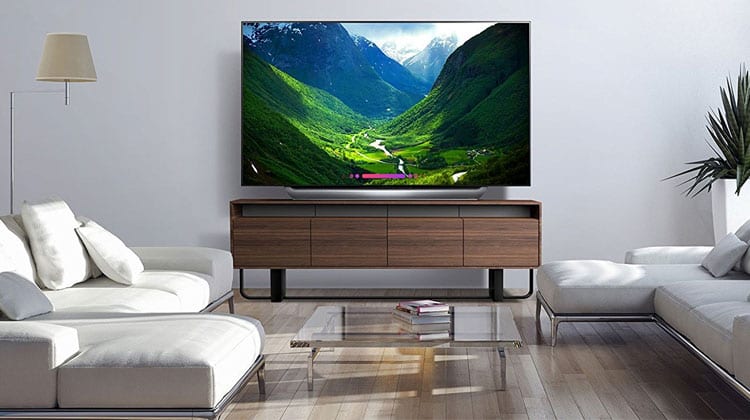
Almost every single TV that is released today is going to be smart. There is no need to worry whether your brand new television will be smart or not because it most definitely will. However, you could check out the different operating systems available and see which one you like the most. WebOS, AndroidOS, Tizen are some of the most used operating systems.
To find the best Smart TV for your living room, you may visit reviewcircles.
By following all of these tips, you will surely find the perfect TV for your living room.

